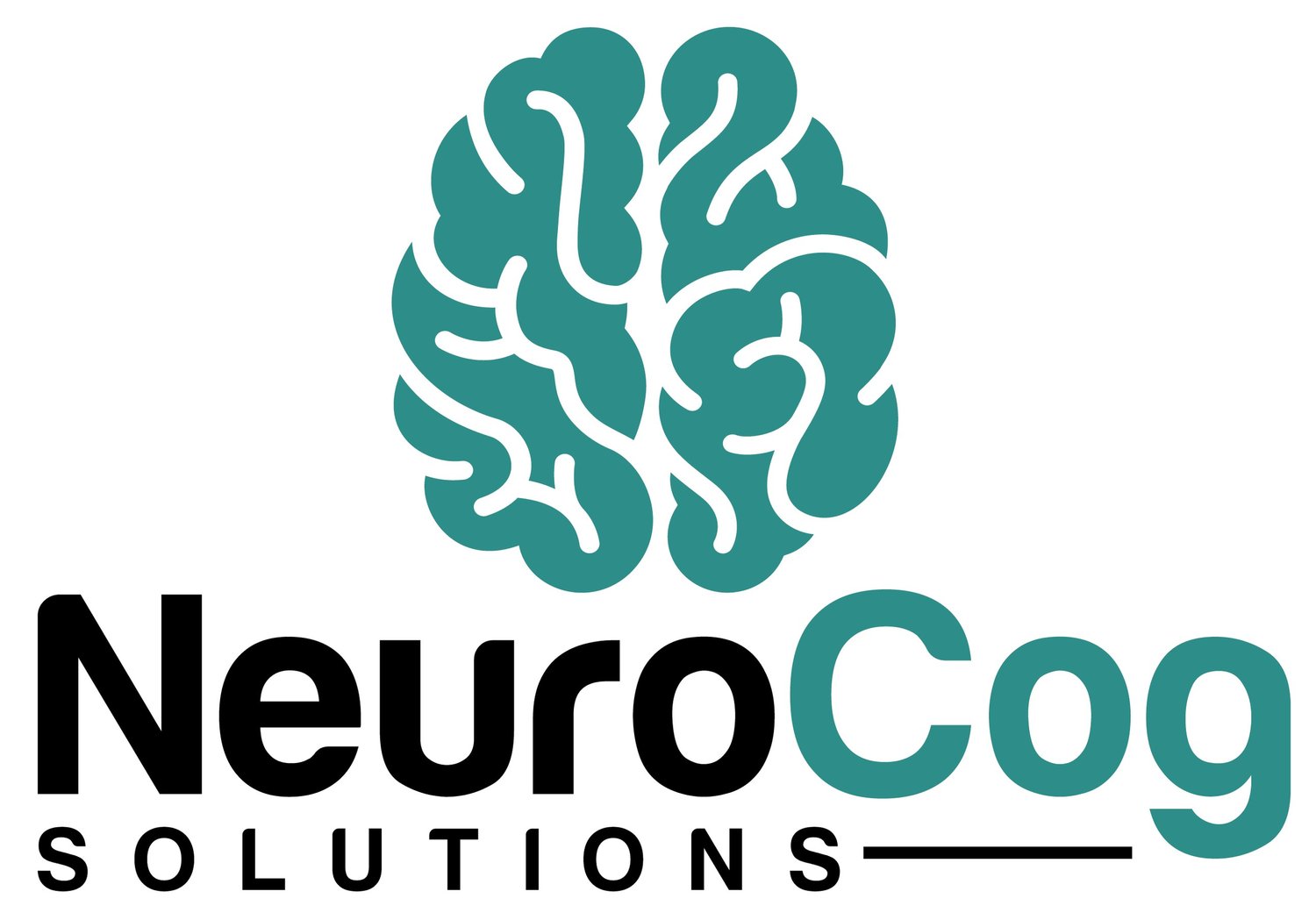What is Cognitive Rehabilitation?
Imagine your brain is like a computer. Sometimes, after an injury or illness, parts of that computer might not work as well as they used to. Cognitive rehabilitation is like a training program that helps your brain get back on track. It helps you relearn skills, get stronger in areas that are weak, or find new ways to do things.
What We Are Trying To Do:
Make Your Thinking Skills Better:
We'll work on things like paying attention, remembering things, solving problems, talking, planning, completing tasks, and making good decisions.
Help You Do Everyday Things:
The main goal is to help you get back to doing the things you enjoy and living independently.
Teach You Helpful Tricks:
If you can't get back to how you were before, we'll teach you ways to work around your challenges, like using reminders or special tools. These are called “compensatory strategies” because they find other ways to get to the same goal.
Who Can This Help?
This type of therapy can help people who have had:
Brain injuries
Strokes
Dementia
Multiple sclerosis
Parkinson's Disease
And other brain-related problems
How We Do It:
We use different methods, including:
Exercises to Strengthen Your Brain and Regain Lost Skills
We'll do activities that help improve your thinking skills directly.
Learning New Ways to Do Things (“compensatory strategies”)
We'll show you how to use tools or strategies to make things easier, like using calendars, lists or word finding tricks.
Learning other helpful strategies
Learning how to better manage time, get organized, or plan out steps to meet your goals.
Changing your environment
Making changes to your home or work environment to make tasks less difficult.
What Makes It Special:
Personalized Care:
We'll create a plan that's just for you and your specific needs.
A Team Approach:
You might work with different professionals, like neurologists, neuropsychologists and speech therapists, who are all working together.
Focus on Real Life:
Doing brain games and puzzles at home is good for keeping your mind active, but it might not translate to real-life skills. Cognitive rehabilitation helps you practice the skills you actually use every day.
Take Home Message:
Cognitive rehabilitation helps people whose brains have been affected by injury or illness. It's about helping you get back to living your life as fully and independently as possible. If you have questions about cognitive rehabilitation, or want to try the services, reach out to us at NeuroCog Solutions.
